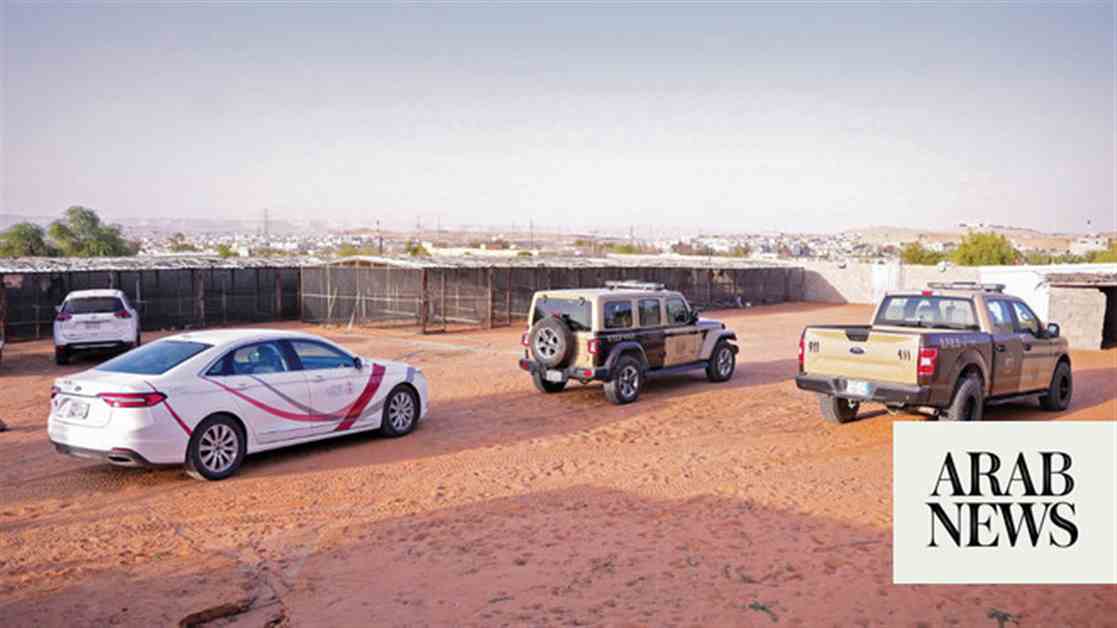Saudi Arabia’s automotive market surges amid shifting consumer preferences
RIYADH: Saudi Arabia’s automotive market is on the rise, with the Kingdom importing 93,300 cars in 2023, a significant increase from the previous year’s 66,900. This surge positions Saudi Arabia as a dominant force in the Gulf Cooperation Council car sales and among the top 20 global markets.
The increase in car imports raises questions about consumer preferences in the Kingdom and the factors influencing these choices. Additionally, the roles of the National Academy of Vehicles and Cars and the Automotive Manufacturers Association in line with Vision 2030 come into focus.
Driven by a mix of practicality and lifestyle aspirations, Saudi consumers are prioritizing comfort, reliability, and status in their vehicle choices. There is also a growing interest in environmentally conscious options and technological innovations like electric and hybrid vehicles.
Consumer preferences in Saudi Arabia are aligning more with Western markets, with a demand for advanced connectivity, infotainment systems, and driving assistance technologies. SUVs are becoming increasingly popular, especially larger 7-seater models that cater to family transportation needs.
Cost of ownership, fuel efficiency, and running costs are significant factors for Saudi car buyers, with a preference for SUVs among older age groups and sedans among younger demographics. Electric vehicle enthusiasts prioritize charging infrastructure over driving range and speed.
The National Automotive and Vehicles Academy and the Automotive Manufacturers Association play crucial roles in shaping Saudi Arabia’s automotive sector. NAVA focuses on nurturing skilled talent, while the AMA advocates for regulatory coherence and industry growth to align with Vision 2030’s goals.
Collaboration between industry stakeholders and government institutions is key to propelling Saudi Arabia towards a future of mobility driven by efficiency and environmental stewardship. Organizations like NAVA and AMA are instrumental in bridging talent gaps, fostering local manufacturing capabilities, and raising awareness about the sector’s ambitions.
Ford’s commitment to high standards, innovation, and sustainability in collaboration with Saudi authorities and associations highlights the company’s dedication to driving automotive sector growth. Distributor partners play a critical role in ensuring customers have an improving experience, leading to enhanced loyalty and sector growth.
